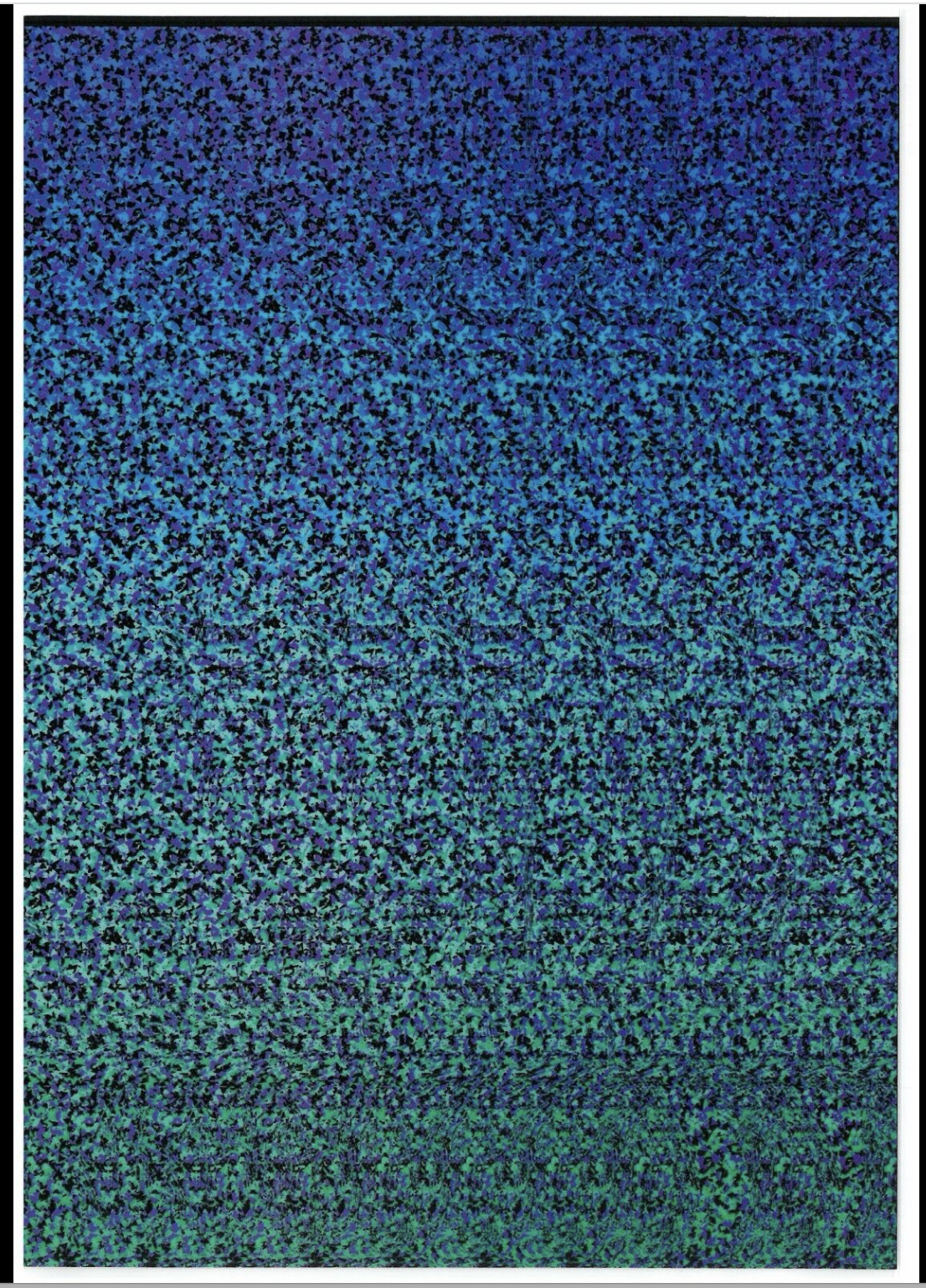You Can’t Just Read the Bible
It has been said that “you can’t just read the Bible, you have to read the Bible”. While on the surface a seemingly confusing contradiction appears, but peel back the layers of this phrase and you will see what I mean.
Unfortunately, a MAJORITY of churches in America and around the World have filtered what is Written in the Word of God through what has been taught as the Word of God. In doing so the mistake is made to believe what the Pastor, the Evangelist or the Prophet is teaching as truth instead of what the Bible is teaching as Truth. This is completely 180 degrees backwards. The proper paradigm is to filter what is being taught as the Word of God through the written Word of God. I have learned that I cannot read the writings of the 2nd & 3rd centuries through 21st century lenses. The greatest mistake I made was reading a 2nd century document with 21st century eyes. Filtering what I was reading through my western American worldview. Not a good idea!
The mistakes I made along my Jesus Journey are no one’s fault but my own. I unlike the Bereans in Acts 17:11 did not examine the Scriptures to see if what I was being taught was the Truth. I merely accepted their words because I accepted them personally. BIG MISTAKE! Don’t get me wrong these were honorable men who truly believed what they taught was truth. They had no intention of deceiving the masses they preached and proclaimed to. Yet just the fact that they believed it to be true doesn’t make it Truth. James, the brother of Jesus, gives a solemn warning to those who want to be teachers. They will incur a stricter judgment (James 3:1). Those men are accountable for themselves, and I am accountable for my own self. I am eternally grateful for the desire to be a “seeker of Truth.”
Interpreting Truth Correctly
Here are two very sure and steadfast ways to know if you are interpreting Truth correctly.
- One is to read the writings of the disciples of the Disciples.
- Secondly understanding the 4W’s of reading the Bible for all that it is worth.
The writings of the disciples of the Disciples are easy to read as well as readily accessible. Let me break this down for a moment. The Disciples were the twelve (Peter, James, John, Andrew, Thaddeus etc…) chosen by Jesus to walk with Him. Of course, Judas was displaced, and Saul of Tarsus was chosen in his place. Saul later was renamed by Jesus as Paul. Yet I wonder if you have heard of the disciples of the Disciples. Peter had a disciple whose name was Mark. This same Mark wrote the gospel of Mark that sits in your Bible. How about Timothy and Titus? They were both disciples of the Apostle Paul and of course you can read their Holy Spirit inspired writings in that same Bible.
Ok I admit those were the easy ones. But the predicate has been promoted that the Disciples had disciples and those disciples had writings. But wait there are more. How about Clement? He is mentioned by the Apostle Paul in Philippians 4:3. He would later become known as Clement of Rome. He was an elder/bishop of Rome and sent a letter to the church of Corinth. It and the second letter written was read and holds a prominent historical bookmark close to 95A.D.
Let us now turn our attention to the Apostle John. While the names of Polycarp and Ignatius are nowhere to be found in the Scriptures; these influential disciples of John loom larger than life in pre-Nicean history. Then there is Irenaeus, “the one human link to the Apostles” David Bercot. Irenaeus was a disciple of Polycarp making him one human link from the apostolic age to the pre-Nicean. Here you can read the writings of Polycarp, Ignatius & Irenaeus.
Now here is the point to understand. The writings of these men and others DO NOT constitute canonized doctrine. In other words, their words are not scripture. The words of these men just acknowledge, affirm, and advance what was being taught by the Jesus and His Disciples. These teachings would later come to form what we hold precious as scripture, The Bible.
The 4W’s of Reading the Bible
In the 21st century there is a theological science called Biblical Hermeneutics. The term hermeneutics watered down to its least common denominator means the science of interpretation. Don’t let the largeness of the word side-track you. It simply means interpreting what you have read. When the focus of your hermeneutics is the sacred biblical text, having a firm foundation of interpretation is essential. Without a firm foundation your entire understanding of the Bible and all its beauty will be distorted. Laying a true foundation, starting at the cornerstone, is what I will endeavor to impart unto you.
Understanding the Bible is quite simple from a scientific point of view. Now granted to understand the Bible from a spiritual point of view, Holy Spirit must quicken the Living Word written on a thin piece of dead wood. Without Him we will NEVER be able to peel back the layers and really understand what He is saying. Learning the 4W’s of proper biblical hermeneutics will enable Holy Spirit to “guide you into all the truth.” Jn 16:13
Yet without Holy Spirit quickening we can use the 4W’s to dissect and discern what is written. It is just a matter of getting a proper understanding of the context surrounding the discussion.
The 4W’s are:
- Who is Speaking?
- Who are they speaking to?
- What are they saying?
- Why are they saying it?
Answering these 4 questions when reading the Scriptures will provide you with enough contextual information for a proper interpretation. Yet here is the quandary…am I brave enough to internalize the information?

Jesus on the Cross
Holy Spirit quickening the written Word is like seeing the hidden picture in Magic Eye art. What is clearly there isn’t clearly seen until you have the words jump off the page into your Spirit. Look at the blue colored picture. Look closely to see Jesus hanging on the Cross.
(click pic to expand)

